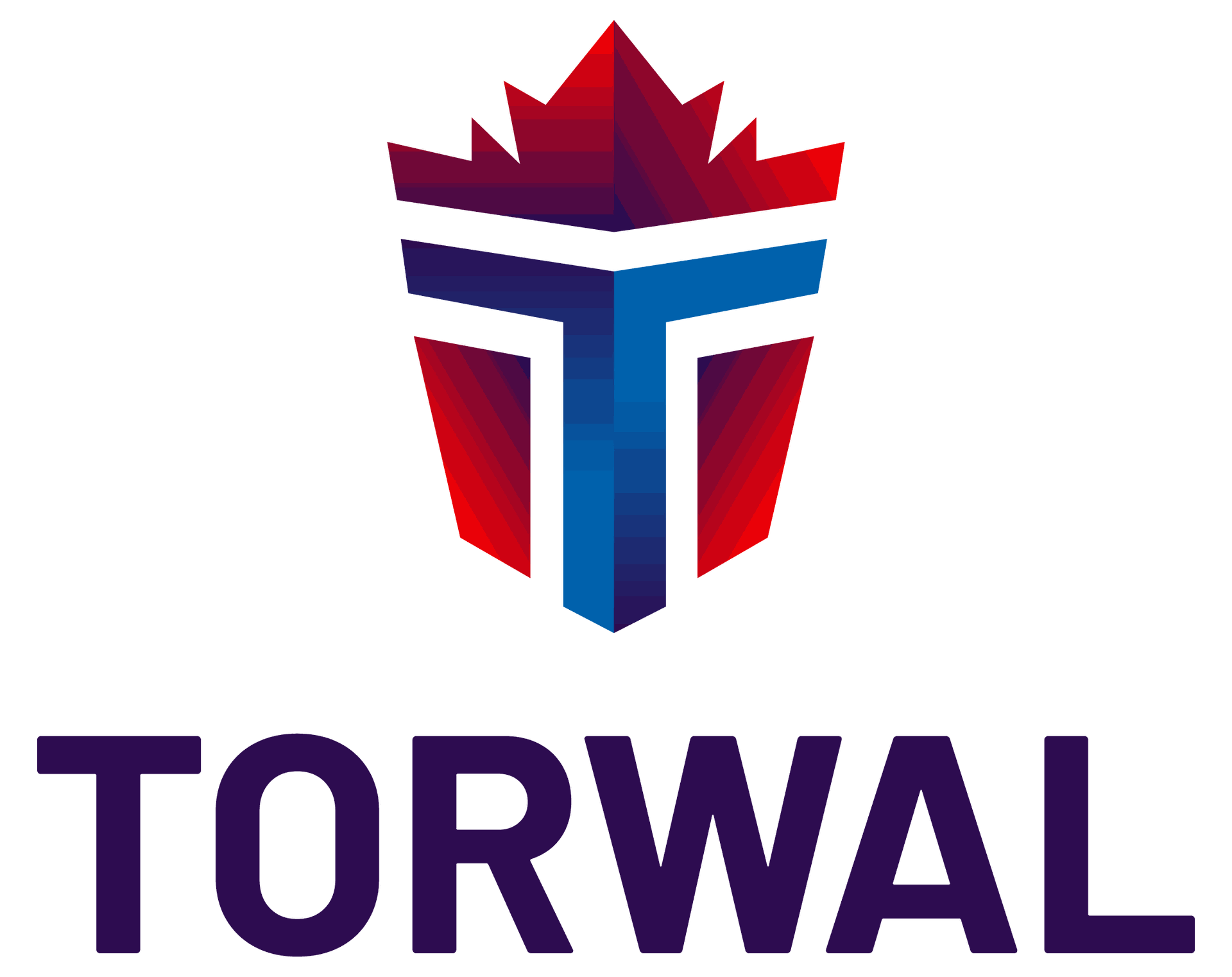What is ERP?
ERP (Enterprise Resource Planning) is a software solution that allows a business to manage all its core processes (such as accounting, finance, human resources, manufacturing, supply chain, inventory management, sales, customer relationships, etc.) through a single integrated system.

Key Features of ERP
Integration: Combines all business processes into a single platform, making data sharing and collaboration between departments easier.
Real-Time Data: Provides real-time data flow across the organization, enabling faster and more accurate decision-making.
Modular Structure: ERP systems are typically modular. Businesses can select and use different modules (e.g., accounting, HR, manufacturing) based on their needs.
Automation: Automates repetitive tasks, increasing efficiency and reducing human errors.
Advantages of ERP
Increased Efficiency: Automates business processes, saving time and reducing costs.
Better Decision-Making: A centralized database allows for better analysis and reporting across the organization.
Standardization and Compliance: Standardizes business processes, ensuring more consistent operations.
Improved Customer Satisfaction: Enhances supply chain and customer relationship management, leading to higher customer satisfaction.
ERP Use Cases
ERP systems are widely used in small, medium, and large businesses. They are particularly popular in industries such as manufacturing, retail, healthcare, logistics, education, and finance.
ERP is a critical tool that helps businesses operate more efficiently and gain a competitive advantage.
Explore Industries That Can Benefit from ERP Integration and Examples
And More...
Have questions or need assistance? Our team is here to help! Reach out to us for more information about our services or to discuss how we can support your business needs. Let’s work together to achieve your goals.
